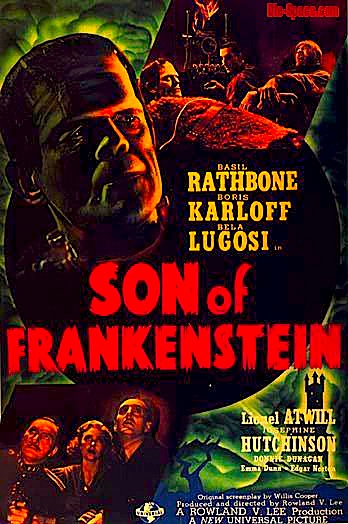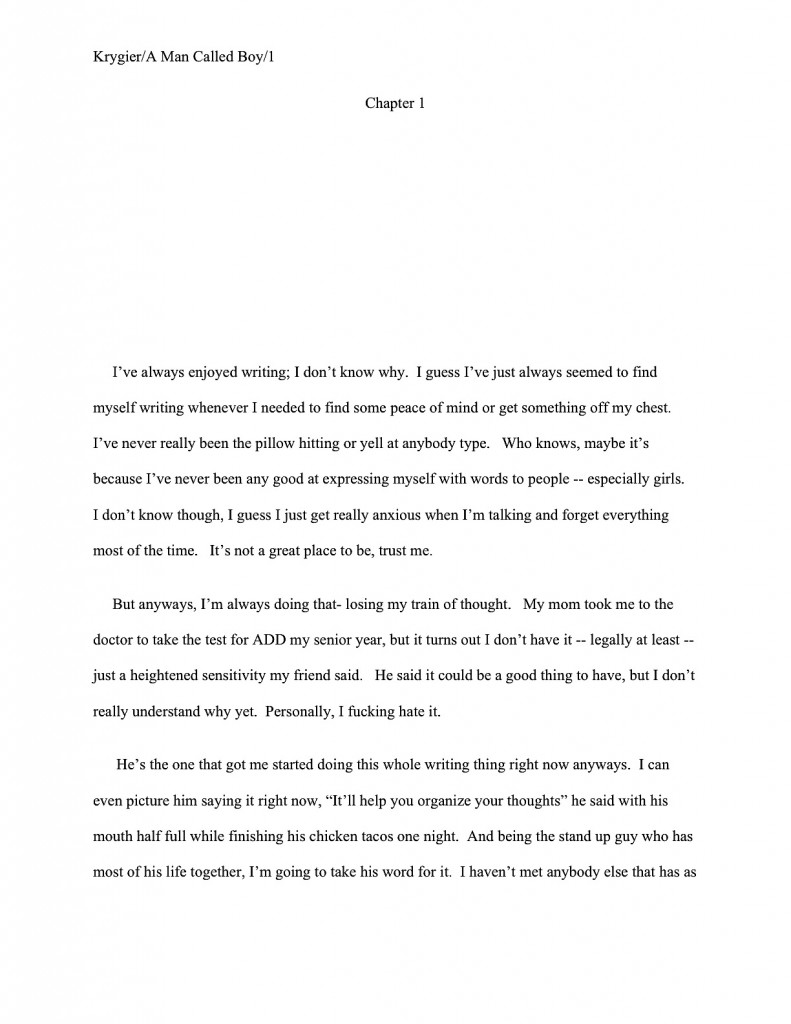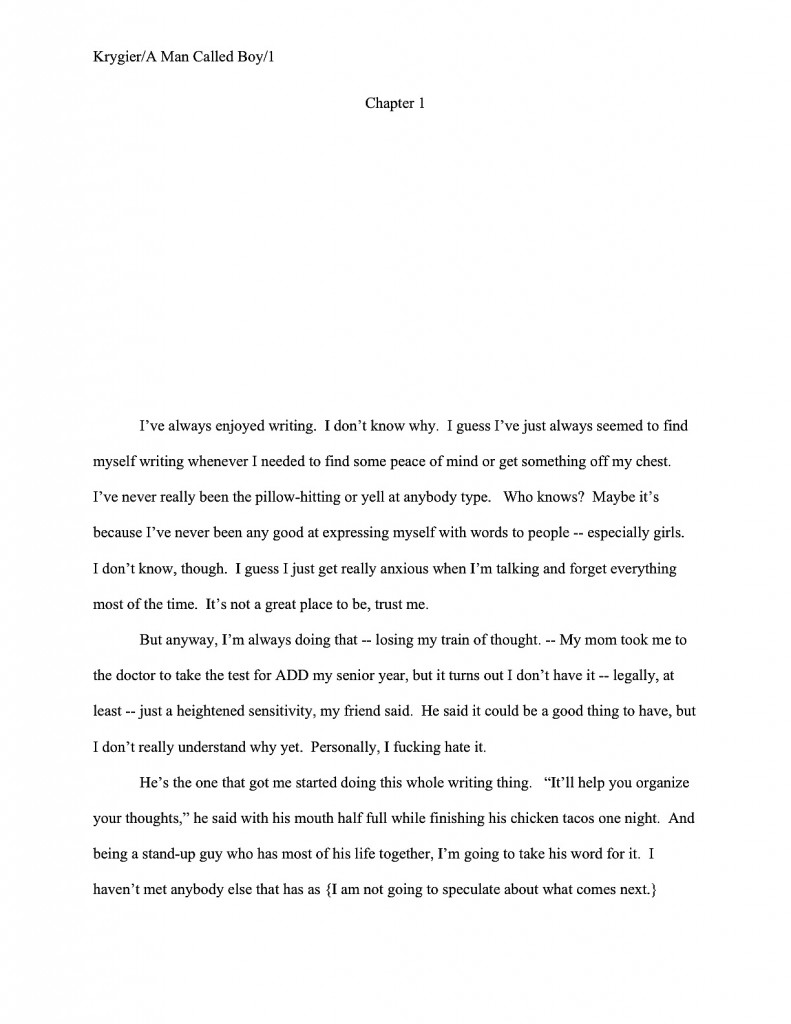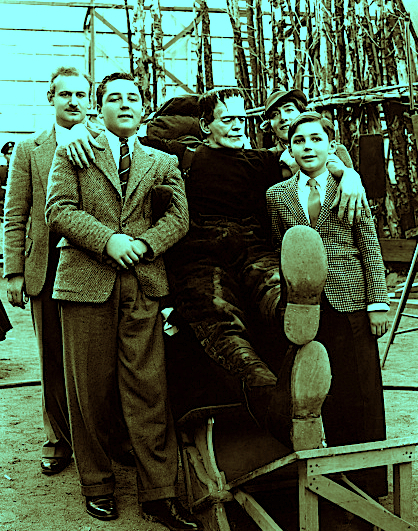You guessed it, long-time readers of this blog: we’re about to launch into one of my cherished (if a bit heavy-handed) exercises in expanding your expectations. So — what do you think this nebulous picture depicts?
Give it some thought. In the meantime, do you mind if I get back to the matter at hand?
Thanks. For the past few posts, I’ve been writing about the elevator speech, the ubiquitous 3-line pitch’s prettier fraternal twin.
Prettier in what sense, you ask? Well, in the most important way a verbal pitch can be: it’s more likely to impress a hearer. Unlike the usual 3-line pitch, a plot summary whose primary (and sometimes only) virtue is brevity, an elevator speech is an introduction of an interesting protagonist with an interesting goal facing interesting opposition, preceded by a polite request to pitch, the writer’s name, and the book category.
What’s the difference in practice, you ask? An excellent question. Here is a fairly representative specimen of the kind of thrown-together 3-line pitches agents and editors often hear at writers’ conferences.
Agent: Hi, I’m Emma Perfectagentforyou. Won’t you sit down?
Writer (drawing in the kind of breath Olympic swimmers take immediately prior to diving into a pool): My book’s about an old folks’ home with a problem: people keep getting murdered in various ways; no one knows why. Someone’s got to do something about it, or else the town’s elders — who want the land the retirement home is sitting on to sell to a greedy developer in exchange for major bribes — will close the place down, and fast. By the end of the book, my heroine has foiled the developers, shot the mayor, and, along with all of the surviving circle of friends from the retirement home, has taken over the city council — which had been corrupt for decades due to a hushed-up bribery scandal decades before that only the residents of the home are old enough to remember, so only they can catch the crooks.
That’s not a terrible pitch, certainly; at least we know in general terms what the book is about. But it’s awfully vague, and it leaves a lot of questions unanswered. Who is the protagonist, for instance? In what era is the book set? Does it have a title? And what kind of a book is it?
Surprised that a plot summary laden with twists could leave so much relevant material out? Don’t be — and don’t judge our intrepid writer too harshly. She’s out there trying, and that takes bravery. Besides, she’s never heard a professional writer pitch a book before. All she knows — and see if this sounds at all familiar — is that the conference materials said that the pitch could not be more than three sentences long.
Thus all of those semicolons, commas, and dashes. Technically, it’s only three sentences long; count the periods. But how would one say all of that in a 30-second hallway pitch?
Go ahead, try it. In my many-hued past, I used to declaim Shakespeare on a regular basis, but even my lungs could not get through all of that in less than five breaths and still produce remotely comprehensible words.
And at the risk of terrifying you, that’s the dilemma facing the conscientious pitcher who takes the time to craft something that seems to fit the bill. Although it pains me to say it, most pitchers do not prepare adequately — or, if they do, they often write their pitches so close to their pitching appointments that they don’t have time to practice.
The results, I’m afraid, are seldom pretty. Let’s take a peek at how the attempt usually plays out — no, I don’t have the heart to put you through that. Instead, let’s take a gander at a relatively unstressful pitching session.
Agent: Hi, I’m Emma Perfectagentforyou. Won’t you sit down?
Writer (sits, clutching notes in a death grip): Oh, I’m so nervous.
Agent: That’s okay. Tell me about your book.
Writer: The protagonist of my fiction novel –
Agent (under her breath): All novels are fiction.
Writer: — is a singer who lives in a retirement home where people die all the time, only now, they are dying really close together; the manager is so scared of being sued by people’s relatives that he keeps threatening to close the place — that’s okay with the town officials, though, because they want to condemn the place, anyway, so greedy developers can snap up the land that’s very valuable since it’s right next to the vacant lot that the corrupt mayor knows is about to be bought by a major movie star who, like Greta Garbo, just wants to be alone. The people in the retirement home get very scared, because they have nowhere to go, so she –
Agent: Your protagonist, you mean?
Writer (jarred into losing her place in her memorized speech): What?
Agent: Is your protagonist the one who does something about it?
Writer (frantically shuffling through pages of notes to find the latest draft of her pitch): Um, sorry. (All she turns up are drafts 2 and 3. Decides to wing it.) So my protagonist — yeah, she’s the one — decides to organize the old people into a posse, but there’s this other woman doesn’t like her and opposes it. And oh, I forgot to mention, in this town, there’s a law that states that everyone must be armed at all times. So it’s not like going against the town’s elders isn’t dangerous. And then there’s this subplot about the mayor’s niece, who’s really a good person, and she’s in love with the grandson of one of the people in the old folks’ home, and they want to run away together, but they don’t have the money. So when she gets pregnant –
Agent (glancing at wristwatch): Okay, I’m getting a general sense. I’m afraid I don’t represent cozy mysteries?
Writer (turning crimson): Oh, no, I don’t write genre fiction. This is literary. Your blurb in the conference guide said…
Agent: Well, it doesn’t really sound like the kind of book I can sell in this market.
Frozen with empathetic horror yet? You’d be astonished at how often nervous pitchers sound like this, especially if they have not taken the time to prepare. Or when they do, they misapply their time, believing that an agent will be more impressed by a memorized pitch than one read off an index card. (That’s seldom true, incidentally; agents know that writers tend to be shy. When in doubt, read it.) So if they get interrupted by a perfectly reasonable question, they often panic and lose all sense of their planned structure.
See now why I have devoted so many posts to drilling you to be able to answer questions about your book? If you prepare for a conversation, rather than lecture, you’re less likely to be thrown.
Admittedly, even well-prepared pitchers often feel disoriented in impromptu pitching situations. Are you up for another harrowing example?
Writer (to fellow attendee): Isn’t that Emma Perfectagentforyou walking into the women’s room? I loved her speech at the agents’ forum, but I couldn’t get an appointment with her. Maybe I can catch her…
(Dashes down lengthy hallway, bowling over several prominent memoirists. She tracks down the agent of her dreams waiting in a long line.)
Writer (grabbing her arm): Emma? I want to give you my pitch. Emma lives in a retirement home, and her friends are dying around her. Normal, you say? Not nearly. It turns out that the corrupt mayor has been bribing the manager to poison the water supply –
Agent (sidling away): Oh, it’s my turn. Bye!
(Writer turns away, crestfallen, and returns to the hallway. Several minutes later, Emma and another agent emerge from the restroom, chatting in confidential tones.)
Agent (veering sharply in another direction): Oh, God, there’s that rude writer I was telling you about.
“See?” those of you who have heard that agents universally hate hallway pitching crow triumphantly. “That’s why I would never pitch outside a formal meeting. Even if I accidentally got matched with an agent or editor who did not handle my kind of book, I would be terrified of offending someone!”
Well, you should never, ever, EVER try to pitch in the bathroom (or to an agent whose trajectory and worried facial expression might lead you reasonably to conclude that he might be headed in that direction), but at most conferences, there are perfectly acceptable moments to ask to give your elevator speech.
The key, however, is to ask. Unlike in a formal pitch meeting, where the agent or editor is obliged to listen to a pitch, agreeing to a hallway pitch is in fact granting a favor to a perfect stranger.
Politeness counts. Here is the same book, presented in impeccably polite elevator speech fashion.
Agent (sitting on dais immediately after teaching a seminar): Well, that was a vigorous question-and-answer session.
Writer (approaching respectfully): Excuse me, Ms. Perfectagentforyou, but Brilliant McAuthorly, and I wanted to tell you that I just loved your speech during the agents’ forum.
Agent: Why, thank you, Brilliant.
Writer: You really sound like a great fit for my book, but I could not obtain an appointment with you. Would you have thirty seconds to spare for a literary fiction pitch, either now or at any other time you say?
Agent (glancing at her watch): Sure, if it’s quick.
Writer (delighted): Thank you so much. 81-year-old Emma Trenchfoot is increasingly lonely these days, because every week, another of her friends at the Buona Notte Opera Diva Retirement Retreat dies under odd circumstances. So many have perished that the local authorities are threatening to close the place down. Can intrepid Emma save her last few beloved friends before the CONDEMNED sign swings from the front door?
Agent (astonished that for once, a 30-second pitch actually took only 30 seconds to deliver): Wow, that sounds interesting. (Digs out her business card.) I’m afraid I have to run off to a meeting now, but why don’t you send me the first 50 pages?
Writer (clutching the card as if it were the Holy Grail): Oh, of course. Thank you. (She backs away immediately.)
I’ve sensed raised hands out there in the ether since the end of Brilliant’s elevator speech. “But Anne,” meganovelists everywhere shout, “there’s so much more to the story! Why did Emma say yes, when all Brilliant did was lay out the basic premise, introducing her protagonist as an interesting person facing an interesting challenge with quirky specifics after having clearly stated what kind of book it was…oh, never mind.”
Exactly. Yes, there’s more to the plot than this — but Ms. Perfectagentforyou is just going to have to ask a follow-up question (preferably along the lines of, “Wow, that sounds interesting — tell me more,” or, better still, the aforementioned “Would you send me the first 50 pages?”) in order to find out.
The elevator speech is just a tease. To extend my meal metaphor from a few days back, if the keynote is the amuse-bouche, designed to whet the appetite of the agent or editor, the elevator speech is the first course, designed to show that the chef has talent prior to the entrée, the full-blown 2-minute pitch.
Let me pause to make absolutely sure that every human being within eyeshot of this page understands that: the elevator speech should not be confused with a formal pitch — it’s specifically designed for informal settings. However, If the elevator speech is not finely prepared and delectable, the hearer is not going to stick around for the main course.
If you wow him with the fish in round one, he’s going to clamor for the steak in round two.
That’s the theory, anyway. More commonly in a hallway pitch, an agent in a hurry is going to gobble up the fish and pass on the steak, opting to skip the 2-minute pitch altogether in favor of, well, continuing to walk down the hall.
Don’t let that outcome discourage you; it’s not always bad for the pitcher. As long as the agent hands you a business card and asks you to send pages before he moseys, why should you mind not serving the second course?
Yes, yes, I know: this runs counter to the prevailing wisdom. We’ve all heard that pitchers are allowed to say only three sentences to an agent in total and that those three sentences should summarize the entire plot, as if that were possible. (What about “Hello?”) We’ve also all been told that the purpose of the pitch is to sell the book, not to tempt an agent or editor into reading it.
Believing that is a pretty infallible means of making pitchers feel lousy about themselves, because it’s setting the performance bar almost impossibly high. Those of you who have worked your way through this series, chant it with me now: the SOLE purpose of a verbal pitch is to convince the hearer to ask to read the book in question.
Or at least a part of it. If you’re defining pitching success in any other way, you’re setting yourself up for disappointment.
Everyone got that, or should we chant it a few hundred more times? I can stay here all day, people.
All throughout the sterling set of examples above, I could sense a certain pervasive dissatisfaction amongst writers of nonfiction. (Bloggers develop tremendously acute senses of hearing, you see. That rumble I just heard was slight settling on mile 32 of the Great Wall of China.) ”This is all very well for a novel,” memoirists and nonfiction writers grumble, “but how does all this apply to a MY book?”
Calm your grumbles, oh memoir-writers and pursuers of fact. How does all this theory apply to nonfiction?
Well, at the risk of seeming redundant, the basic principle is the same for a nonfiction book as for a novel: to intrigue the hearer into asking follow-up questions, or even the entire 2-minute pitch.
Which I am GETTING TO, people. Hold onto those proverbial horses.
But while a novelist can simply spring her premise on the nearest agent or editor within shouting distance, the nonfiction writer needs to use a little more finesse. Especially if the book in question happens to be a memoir.
Although, to be fair, a memoir’s elevator speech can be structured rather similarly to a novels. The questions it addresses are alike, after all:
(a) Who is the protagonist and what is the context in which s/he exists?
(b) What is her/his goal, and what is at stake if s/he does or does not reach it?
(c) What obstacles does s/he face in reaching it?
A good elevator speech for other kinds of nonfiction book also answers some very specific questions, but not the same ones. Here, the goal is to demonstrate the book’s importance to its target readership and the writer’s platform.
(a) What is the problem the book is seeking to solve?
(b) Why is it important to the target reader that it be solved? (Or, to put it another way: what will the reader get out of seeing it solved by this book?)
(c) Why is the writer the best possible person in the world to address this question in print?
Yes, these are pretty wide-ranging questions, but remember, the goal here is not to provide the definitive answers. In the elevator speech, you will want to say just enough to intrigue the hearer into asking either to hear the full-blown pitch or to see some pages. As with a novel, it’s not in your interest to tell so much about the book that the agent or editor to whom you are speaking feels that you have told the whole story.
In other words — and you may have heard this somewhere before — the elevator speech is the first course, not the entrée. No version of a pitch should give the impression that there’s no need to read the book.
So here’s a word to the wise: don’t try to stuff too much information into your elevator speech.
Unfortunately, this is often a much-needed bit of advice. I can tell you from long experience as a pitching coach: many, many pitches do convey precisely that impression, because they go into far, far too much detail. Heck, I’ve heard pitches that took 15 minutes to get to the action or argument on page 36.
In a manuscript with 482 pages.
Trust me, you will want to leave enough of a question hanging in the air that your listener will say, “Gee, that sounds intriguing. Send me the first 50 pages,” rather than, “God, this person has been talking for a long time; I was really hoping to grab some lunch. I wonder if room service would bring a drink and a snack to me in the appointment lounge, so I may swiftly depart this hallway, doubtless leaving this writer still talking in my wake.”
I can already feel those of you who’ve pitched nonfiction at conferences shaking your heads. “Yeah, yeah,” these weary souls point out, “obviously, I want to make the book sound like an interesting story. But as any NF writer who has ever come within 30 feet of an agent or editor can tell you, the first question anyone in the industry asks us is, So what’s your platform? If you aren’t already famous for being an expert on your subject matter, or famous for being famous, it seems as though they don’t even listen to the story you’re pitching.”
Well, in my experience, that’s not quite true — most of them will listen to the story a NF writer is pitching. But you’re quite right that they will want to know right off the bat what that writer’s platform is.
A platform, for those of you new to the term, consists of whatever in the writer’s background, experience, birth, credentials, connections, research, etc. that would enable her agent to say truthfully, “Oh, the author is an expert in this area.” Or, at any rate, to be able to claim that people in the general public will already recognize the author’s name.
Which isn’t, contrary to what many aspiring writers believe, always a matter of celebrity. Basically, your platform is the answer to the question why are you the best-qualified person in the universe to write this book?
Hmm, that sounds vaguely familiar, doesn’t it?
And no, for a memoir, simply being the protagonist who lived through the events described in the book is not necessarily a sufficient platform, in the eyes of the industry. If you’re a memoirist who is planning to pitch, you’re going to need to come up with a better answer for, “So what’s your platform?” than “Well, I lived through it,” or the ever-popular, “It’s about ME.”
Sorry to be the one to break that to you. Strange but true, in the literary world, merely being the protagonist doesn’t necessarily render someone the top pick for writing the protagonist’s life story. As the pros say, it all depends on the writing.
So yes, memoirist, you should be prepared to be asked about your platform — in fact, you should work that information into your pitch. Having successfully pitched a memoir myself, I’m not a big fan of allowing an agent or editor to ask that particular question. In other words, I believe that any really good NF pitch should establish the author’s platform as the best conceivable writer of the book, BEFORE anyone thinks to ask about it.
Why? Well, in the first place, including some mention of the platform in an elevator speech (or a formal pitch, for that matter) demonstrates that the writer not only understands how the nonfiction market works, but is aware that it is different from the fiction market. Since it is significantly less time-consuming for an agent or editor to work with a writer who is already familiar with what will be expected of her, publishing savvy is a selling point in and of itself. (In the event that anyone out there doesn’t understand how it works, I would strongly recommend a quick perusal of the START WITH THESE POSTS IF YOU ARE BRAND-NEW TO PUBLISHING category on the archive list at right before you prepare your pitch; it will make your task much easier.)
In the second place (and thus taking the silver medal), stating your platform up front greatly increases the probability that the hearer will take your argument seriously. Just human nature, I’m afraid, and the reality of the publishing world.
See why I made you figure out what your book’s marketing points, including your platform, before I let you anywhere near anything that remotely resembled a pitch? During a hallway meeting is a lousy time to brainstorm about your platform, after all — and not being prepared leaves you prey to nagging doubts when agents and editors say from the podium (as someone invariably does at every writers’ conference ever given atop the earth’s crust), “Well, unless a writer has a good platform, it’s not possible to sell a nonfiction book.”
I can’t imagine how aspiring writers hearing this could have derived the impression that only the already-famous need apply, can you?
The fact is, though, the vast majority of NF books are written by non-celebrities — and even by people who aren’t especially well-known in the areas in which they are experts. Literally millions of NF books are sold each and every year, and few of their authors are the Stephen Hawkings of their respective fields.
How is that possible, you ask? Let me whisper a secret to you: great platforms are constructed, not born.
If you’re not certain why you’re the best-qualified — if not the only qualified — writer currently wandering the face of the earth to tap out your NF book, you’re going to be pitching at a severe disadvantage. (If you’ve been feeling queasy for the last few paragraphs because you don’t know what your platform is, run, don’t walk to the right-hand side of the page, and check out the posts on YOUR BOOK’S SELLING POINTS, PLATFORM, and NONFICTION MARKETING categories for a bit of inspiration.)
I’m sensing some uncomfortable shifting in seats out there. “But Anne,” those noisy memoirists from earlier protest, “this sounds like a whole heck of a lot of work without a very clear pay-off. Obviously, my memoir is about ME — why do I have to prove that I’m the best-qualified person to write about MY life?”
You’d think so, wouldn’t you? Yet, as I’ve pointed out many times in this blog, a memoir is always about something in addition to its protagonist.
In order to establish your platform, you will need to demonstrate that you’re qualified to write authoritatively on that background issue, too. Because, you see, it just doesn’t make sense to expect the person hearing your pitch to guess what your background is.
For example, if you grew up in a traveling circus, you would probably have some pretty interesting stories to tell — but that will not necessarily be obvious to an agent or editor to whom you’re pitching. What are they, psychic?
But if you demonstrate that your first-hand knowledge renders you a credible expert with an intriguing, unique point of view on the subject, they won’t have to guess, will they? Make it clear that your point of view is not only unusual, but one that readers who already buy books on this subject will have encountered before.
As with a novel, introducing specific, unusual details is usually the best way to achieve this. For instance, it would not necessarily establish your platform as a circus kid to say, “Look, I was the little girl watching from beneath the bleachers,” because to an outside observer, that little girl wouldn’t necessarily have seen anything different than what any audience member did. If you were more specific about how your experience was unique, however, you more or less automatically sound credible: “By the time I was five, I had graduated to riding the lion during the circus parade,” for instance, would be a real show-stopper in a pitch.
Once you’ve figured out what makes your point of view unique, making the case that you are the best person currently living to write about it will become substantially easier, no? (But please, if you love me, do not fall into the trap of describing relatively common attributes or experiences as unique just because they overwhelming majority do not share them. Unique means one of a kind.)
And please don’t wait until you’re actually in a pitching situation to ponder why your take on the larger issues in your memoir is different and better than others’, I implore you. It’s much, much smarter to think in advance about what makes your point of view unique and work it into your informal AND your formal pitches than to try to wing it in the moment. And if that’s not sufficient incentive, here’s more: by including some indication of your platform (or your book’s strongest selling point) in your elevator speech, you will forestall the automatic first question: “So what’s your platform?”
This same strategy will work with any NF book, believe it or not. What is unusual about your take on the subject — and does your special point of view offer your reader that other books in this are do not?
Don’t boast — be specific and practical. Demonstrate what the reader will learn from reading your book, or why the book is an important contribution to the literature on your subject.
With a strong grasp of your selling points to build upon, you can use your elevator speech in much the same way that a novelist might: to provide specific, vividly-drawn details to show what your book offers the reader. Make it clear in your elevator speech what your book is and why it will appeal to your target market. Here’s an example:
Swirling planets, the Milky Way, and maybe even a wandering extraterrestrial or two — all of these await the urban stargazing enthusiast. For too long, however, books on astronomy have been geared at the narrow specialist market, those readers possessing expensive telescopes. ANGELS ON YOUR BACK PORCH opens the joys of stargazing to the rest of us. Utilizing a few simple tools and a colorful fold-out star map, University of Washington cosmologist Cindy Crawford takes you on a guided tour of the fascinating star formations visible right from your backyard.
See? Strong visual imagery plus a clear statement of what the reader may expect to learn creates a compelling elevator speech for this NF book. And did you notice how Professor Crawford’s credentials just naturally fit into the speech, obviating the necessity of a cumbersome addendum about platform?
Didn’t I tell you that it was all about finesse?
Try reading Prof. Crawford’s elevator speech out loud: feels a little awkward to be tooting the author’s horn quite that much, doesn’t it? We writers tend to be rather unused to describing our own work in such unequivocal terms, so I always advise trying it out for oneself — say, a few hundred times.
There’s nothing like practice for learning the ropes, so it’s not a bad idea to buttonhole a few like-minded writers and figuring out elevator speeches for their books, too. I know it sounds wacky, but learning to pitch other people’s books is a great way to get comfortable with the style.
Remember, your elevator speech should be entertaining and memorable, but leave your hearer wanting to know more. Don’t wrap up the package so tightly that your listener doesn’t feel she needs to read the book. Questions are often useful in establishing why the book will be important to the reader:
EVERYWOMAN’S GUIDE TO MENOPAUSE: “Tired of all of the conflicting information on the news these days about the change of life? Noted clinician Dr. Sal Solbrook simplifies it all for you with her easy-to-use color-coded guide to a happy menopausal existence. From beating searing hot flashes with cool visualizations of polar icecaps to rewarding yourself for meeting goals with fun-filled vacations to the tropics, this book will show you how to embrace the rest of your life with passion, armed with knowledge.
Okay, here’s a pop quiz for those of you who have been following this series from the beginning: what techniques did NF pitcher Solbrook borrow from novel pitching?
Give yourself at least a B if you said that the writer incorporated vivid sensual details: the frigid polar icecaps, the twin heat sources of hot flashes and tropical destinations. And make that an A if you noticed that the savvy pitcher used a rhetorical question (filched from Dr. Solbrook’s keynote, no doubt) to pique the interest of the hearer — and double points if your sharp eye spotted the keywords agents love to hear: happy, passion.
Extra credit with a cherry on top and walnut clusters if you cried out that this elevator speech sets up conflicts that the book will presumably resolve (amongst the information popularly available; the struggle between happiness and unhappiness; between simple guides and complicated ones). Dualities are tremendously effective at establishing conflict quickly.
Speaking of odd sensual details and dualities, have you come to any conclusion about the picture at the top of this post? Looks kind of like light reflected off water, doesn’t it? Or a very heavy rain falling through the air, perhaps?
Actually, it’s a photograph of a granite-tiled patio on a sunny day. Completely different level of hardness than water or air, similar effect.
Which only goes to show you: first impressions are not always accurate. Sometimes, a surface that initially appears to be wavering is as solid as stone; sometimes, an author who doesn’t at first seem to have many qualifications to write a book turns out to have precisely the right background for presenting a fascinating new take on the subject.
The world is a pretty complex place. And that a writer doesn’t have to be a celebrity to have a good platform.
More thoughts on constructing and delivering engaging elevator speeches follow anon, of course. Keep up the good work!




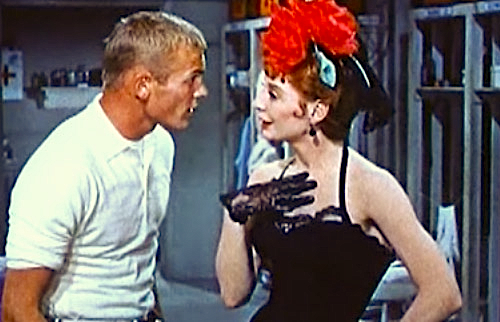
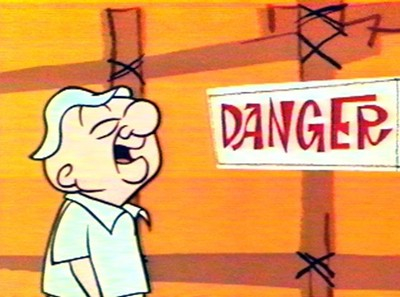
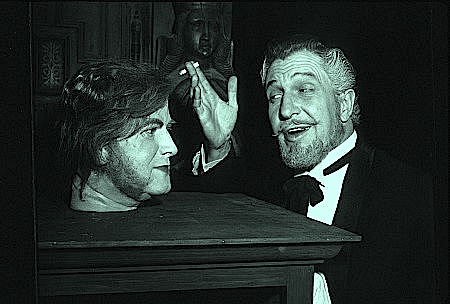






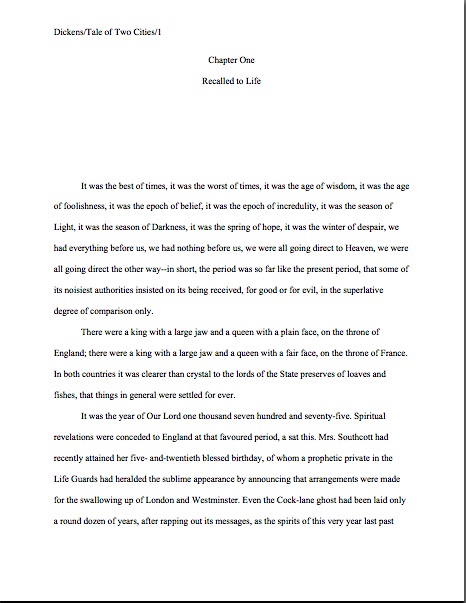
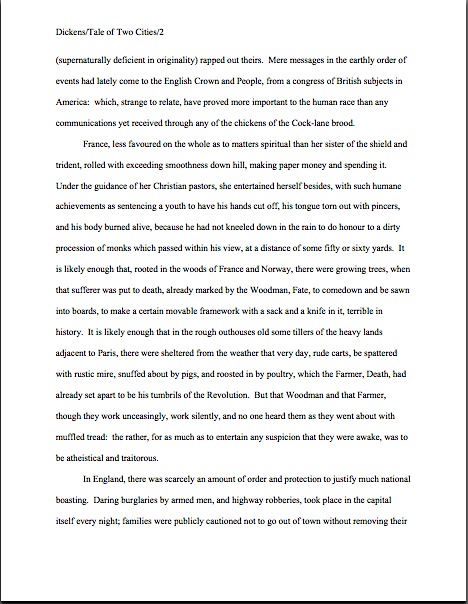
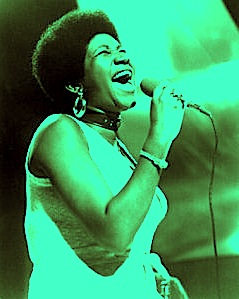
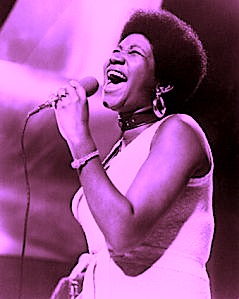



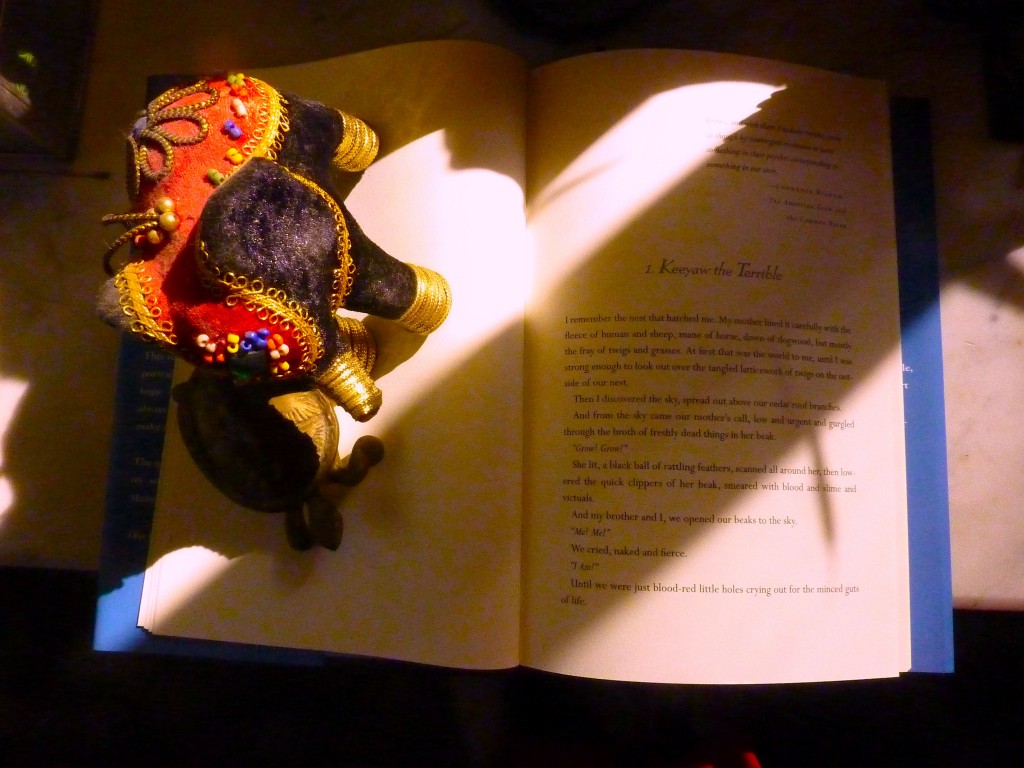

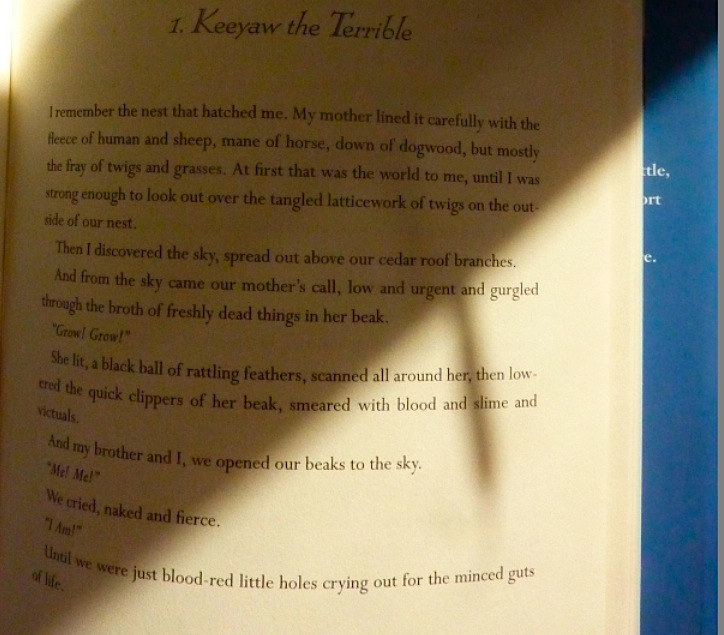
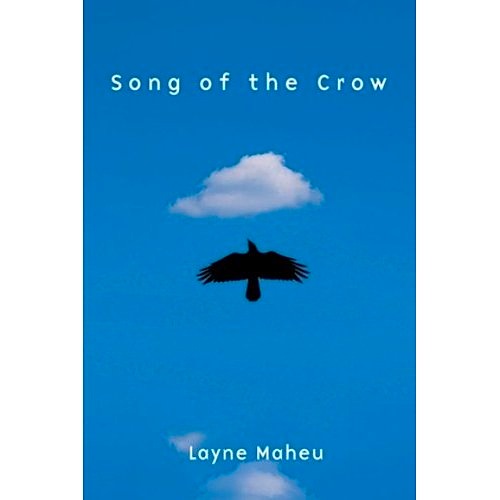






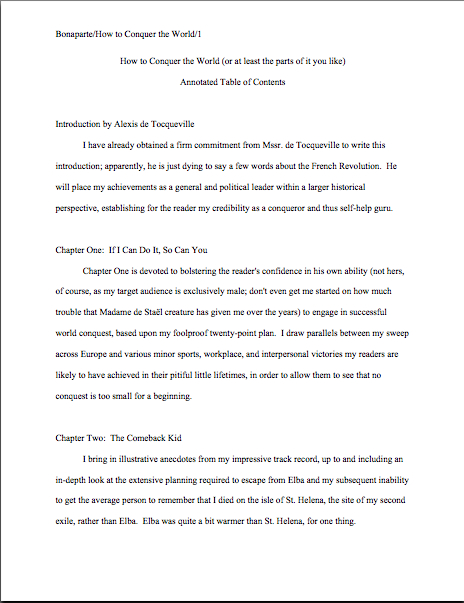
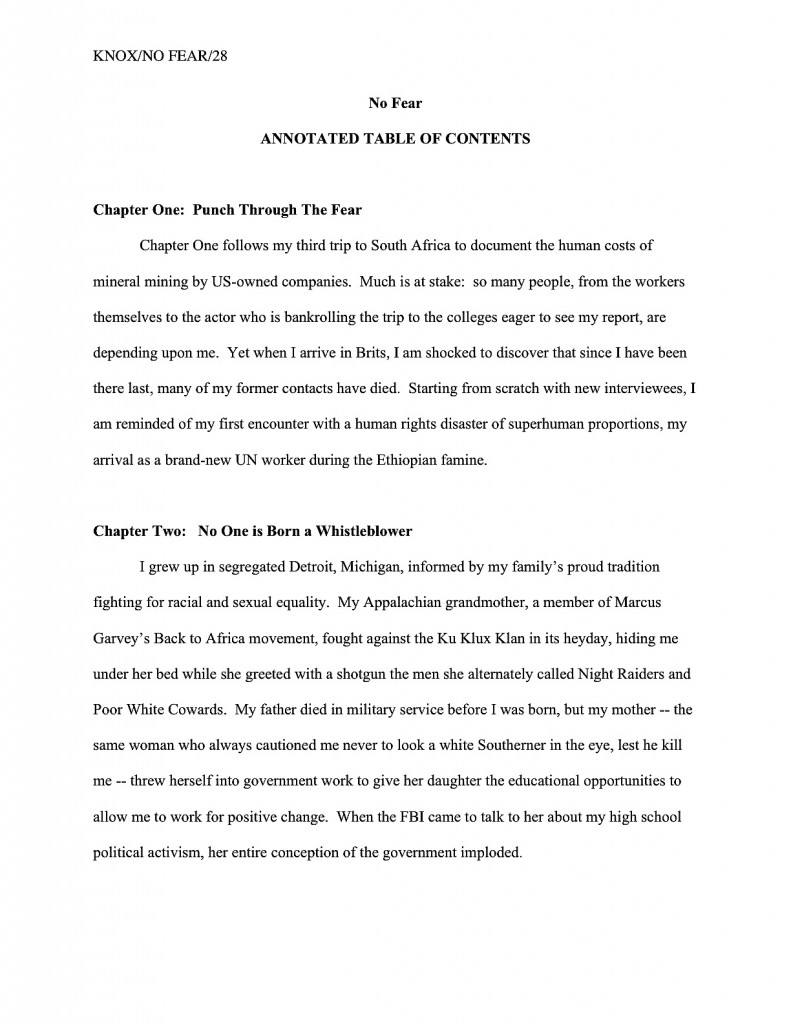










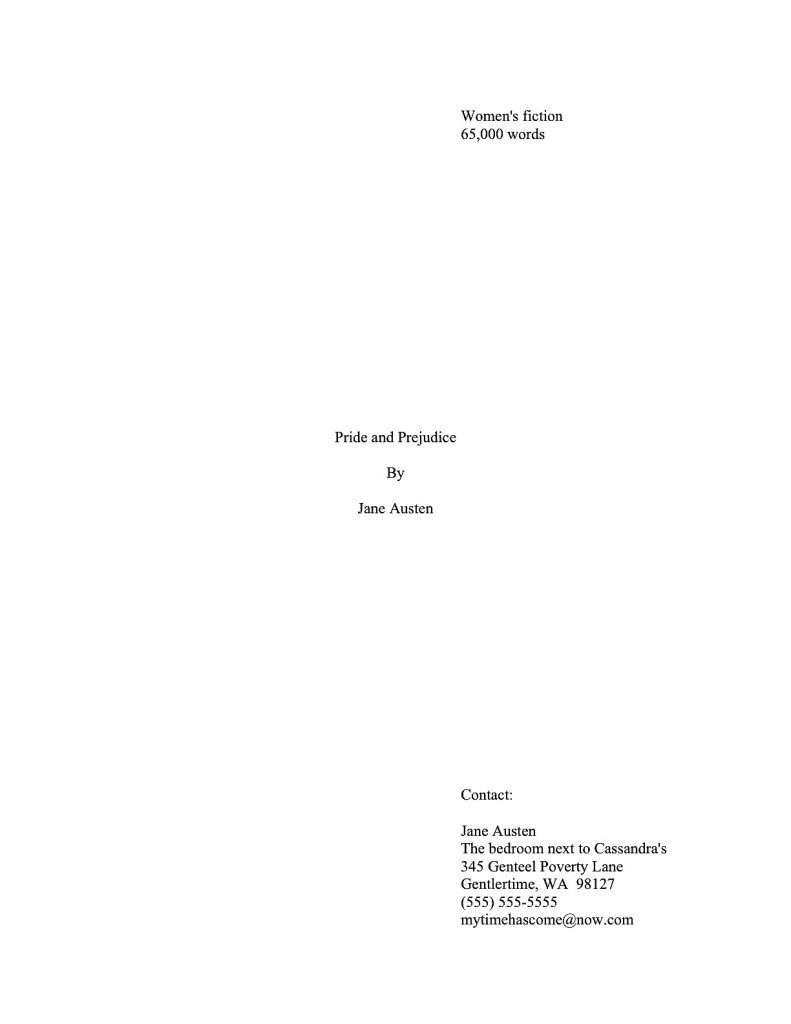
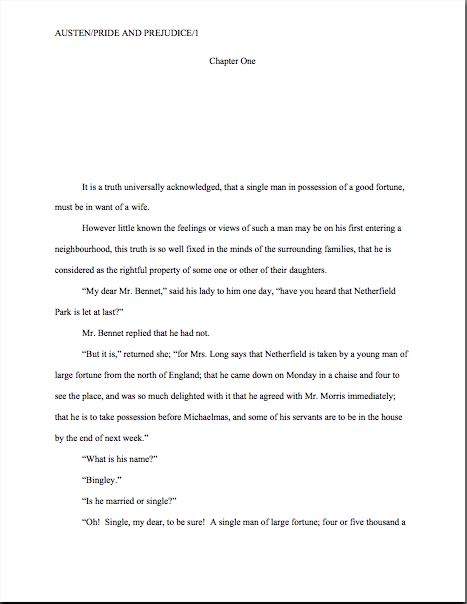

 No matter how many pages or extra materials you were asked to send, do remember to read your submission packet IN ITS ENTIRETY, IN HARD COPY, and OUT LOUD before you seal that envelope. Lest we forget, everything you send to an agency is a writing sample: impeccable grammar, punctuation, and printing, please.
No matter how many pages or extra materials you were asked to send, do remember to read your submission packet IN ITS ENTIRETY, IN HARD COPY, and OUT LOUD before you seal that envelope. Lest we forget, everything you send to an agency is a writing sample: impeccable grammar, punctuation, and printing, please.






